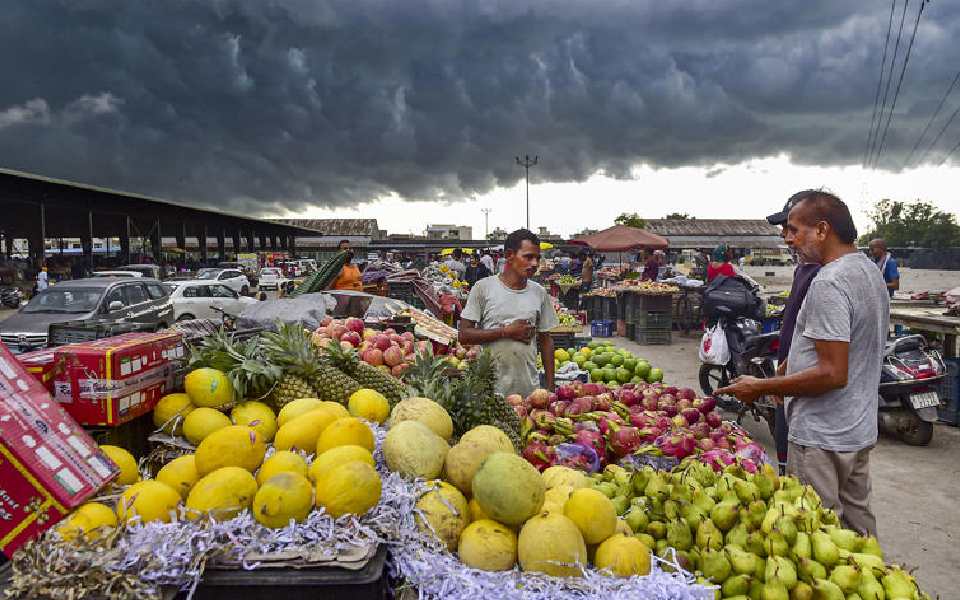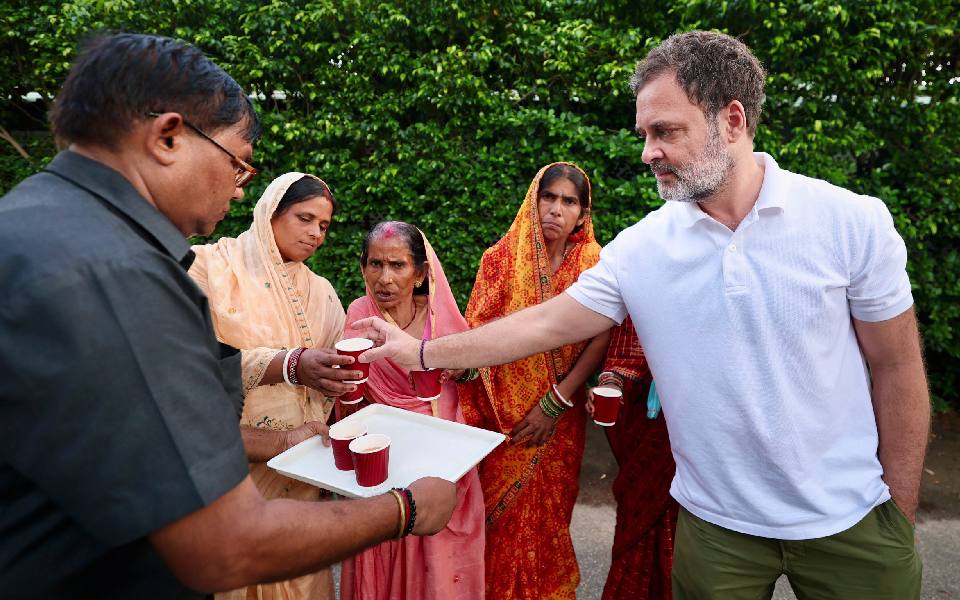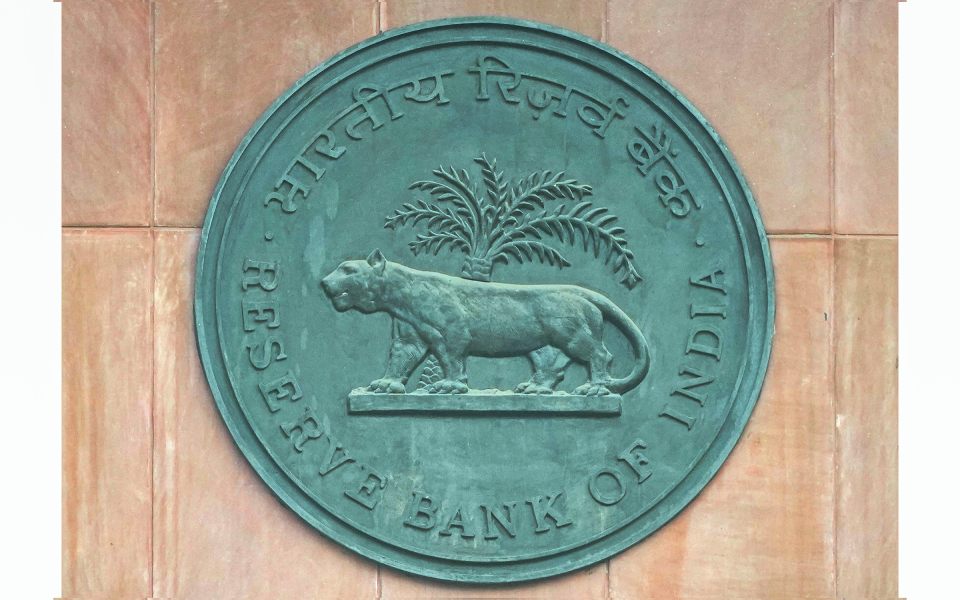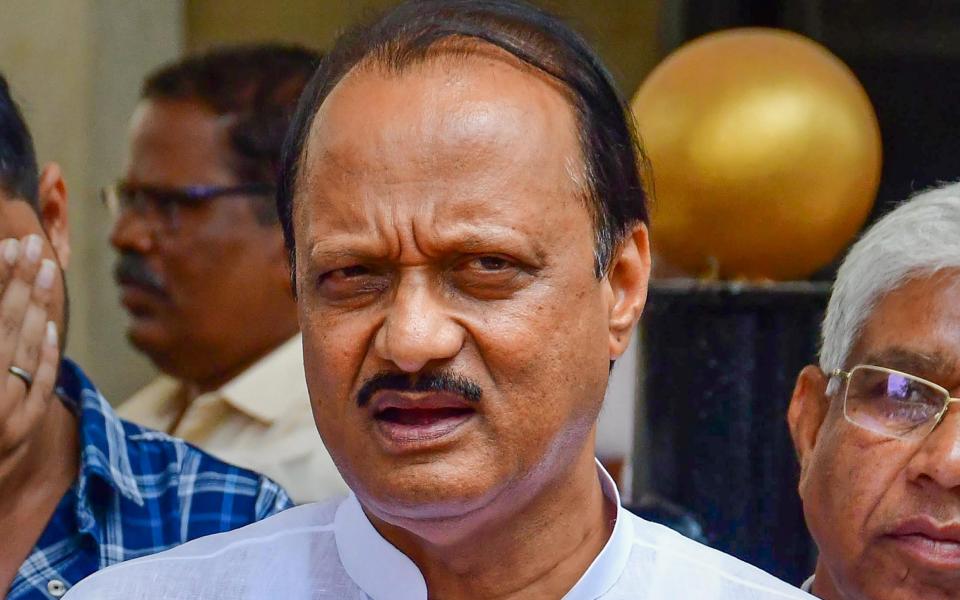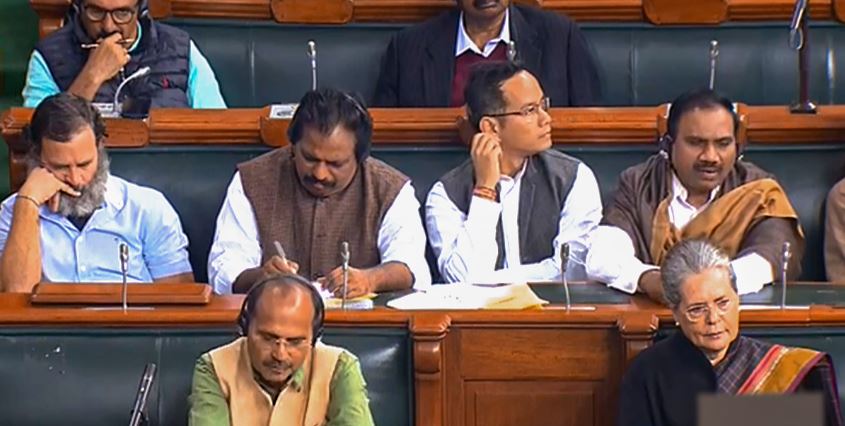New Delhi: India's average household spending on food has fallen to less than half of the total monthly expenses for the first time since 1947, according to a recent working paper by the Economic Advisory Council to the Prime Minister (EAC-PM).
The paper titled 'Changes in India's Food Consumption and Policy Implications: A Comprehensive Analysis of Household Consumption Expenditure Survey 2022-23 and 2011-12 further said significant changes are unfolding in India's food consumption pattern.
According to the paper, the share of total household expenditure on food has declined substantially in rural and urban areas across all states and UTs.
"It is the first time in modern India (post-independence) that average household spending on food is less than half the overall monthly spending of households and is a marker of significant progress," it said.
The paper is a comprehensive analysis of the Household Consumption Expenditure Survey 2022–23 and comparison with 2011–12.
"Overall, there has been a significant increase in households' average monthly per capita expenditure across rural and urban India across all states and UTs," the paper said, adding that the magnitude of the rise is substantial but varies across states and regions.
For example, the paper said among rural areas, West Bengal has seen a consumption expenditure growth of 151 per cent in the period between 2011-12 and 2022-23, while Tamil Nadu witnessed a growth of approximately 214 per cent.
Sikkim witnessed a consumption expenditure growth of a massive 394 per cent.
"Overall, we find that growth for rural households was higher than for urban households, 164 per cent for rural households versus 146 per cent for urban households," it said.
According to the paper, within food items, the share of expenditure on cereal has declined significantly across rural and urban areas.
However, it pointed out that this decline was more substantial for the bottom 20 per cent of the households in rural and urban areas.
"In all likelihood, this reflects the effectiveness of the government's food security policies, which provide free foodgrains to large numbers of beneficiaries across all states of the country, with a particular focus on the vulnerable bottom 20 per cent of households," the report noted.
The paper suggested that agriculture policies will have to be tailored beyond cereals, whose consumption is declining across all wealth classes of society.
At the same time, support policies like MSP, which overwhelmingly targets cereal procurement, will have a limited impact on the welfare of farmers.
Across regions and consumption classes, the paper observed a significant increase in the share of household expenditure on served and packaged processed food.
"This increase was universal across the classes but more pronounced for the country's top 20 per cent of households and significantly more in urban areas," it said.
While food processing is a growth sector and a significant creator of jobs, the report noted that this rising consumption of processed and packaged food will also likely affect health outcomes.
It also opined that further research is needed to understand the nutritional implications of the growing consumption of packaged processed foods.
"Policies may be required to regulate the nutritional content of these foods and promote healthier alternatives," the report said.
Let the Truth be known. If you read VB and like VB, please be a VB Supporter and Help us deliver the Truth to one and all.
New Delhi, Aug 13 (PTI): Congress leader Rahul Gandhi on Wednesday said he had a unique experience of having tea with some "dead" voters from Bihar and thanked the Election Commission for it.
A group of seven voters from Bihar met the Leader of Opposition in Lok Sabha at his residence and shared their experience of how they were declared "dead" by the EC and their names removed from the electoral rolls.
"There have been many interesting experiences in life, but I never got the chance to have tea with 'dead people'. For this unique experience, thank you Election Commission!" Gandhi said in a post in Hindi on X.
He also shared a video of his meeting with the "dead" voters. In it, Gandhi is heard telling them to move around and see Delhi as the "dead" cannot even be charged tickets.
In the video, some of them told Gandhi that they came to know that they were "declared dead" by the EC during the special intensive revision (SIR), and were among the 65 lakh voters whose names have been removed from the electoral rolls of poll-bound Bihar.
The group also told Gandhi that they appeared before the Supreme Court on Wednesday to get their voting rights back. The apex court is hearing petitions against the special intensive revision of electoral rolls in Bihar.
In a statement, the party later said that seven voters from Bihar, all very much alive, shared tea with Rahul Gandhi today, even as the Election Commission's SIR list had them as "dead".
Ramikbal Ray, Harendra Ray, Lalmuni Devi, Vachiya Devi, Lalwati Devi, Punam Kumari, and Munna Kumar all belong to Tejashwi Yadav's constituency, Raghopur.
"They have been removed from the electoral rolls despite having completed the requisite paperwork for the SIR.
"The Election Commission has not openly published lists of the people whom it has declared dead, migrated, etc. Our teams on the ground were able to identify these people only because they managed to informally get EC's internal report in two to three polling booths," the Congress said.
These seven represent only a fraction of "unjustly" deleted voters in two to three polling booths in the constituency, it added.
"This is not a clerical error — it is political disenfranchisement in plain sight.
"After 'Vote Chori' was exposed in Bengaluru, it is clear that the Bihar SIR exercise is also compromised. When the living are struck off as dead, the death certificate is issued to democracy itself," the Congress said.

